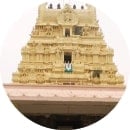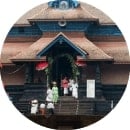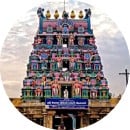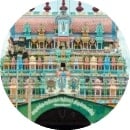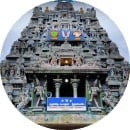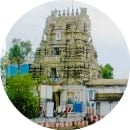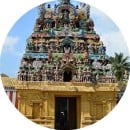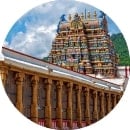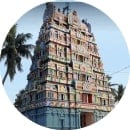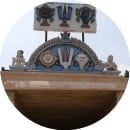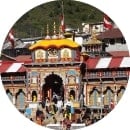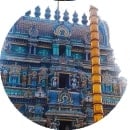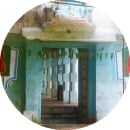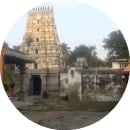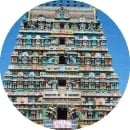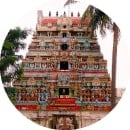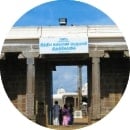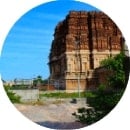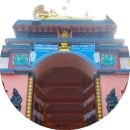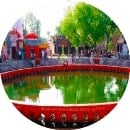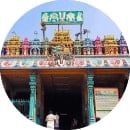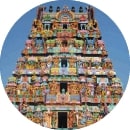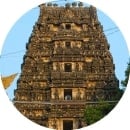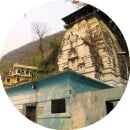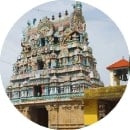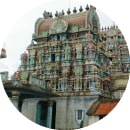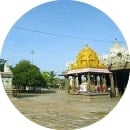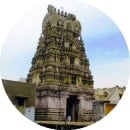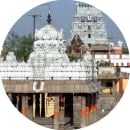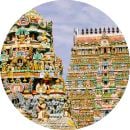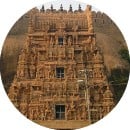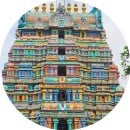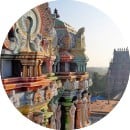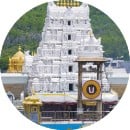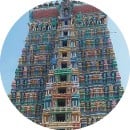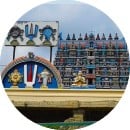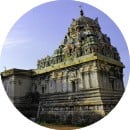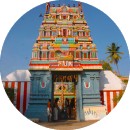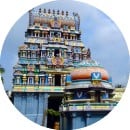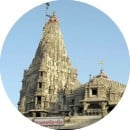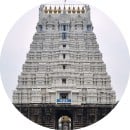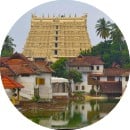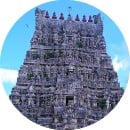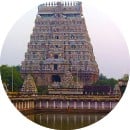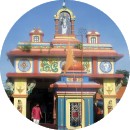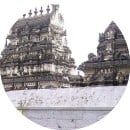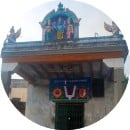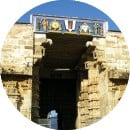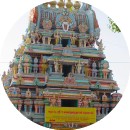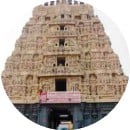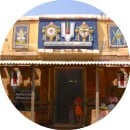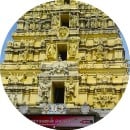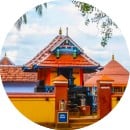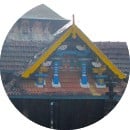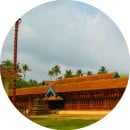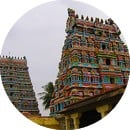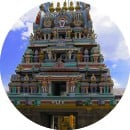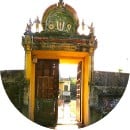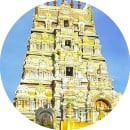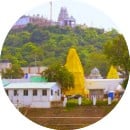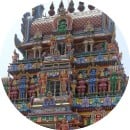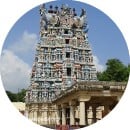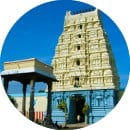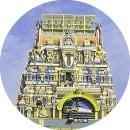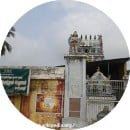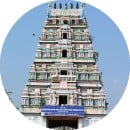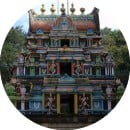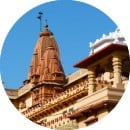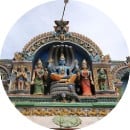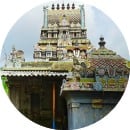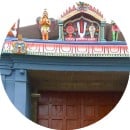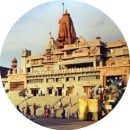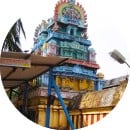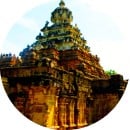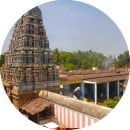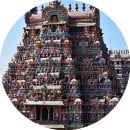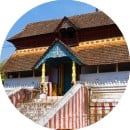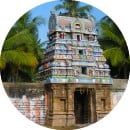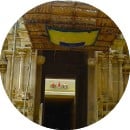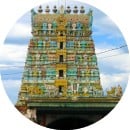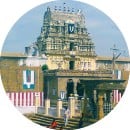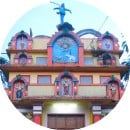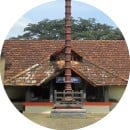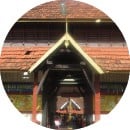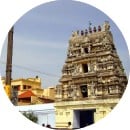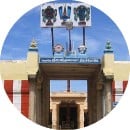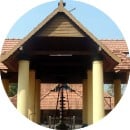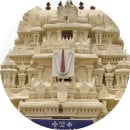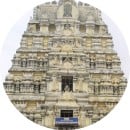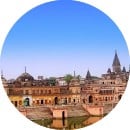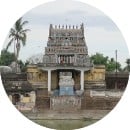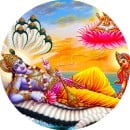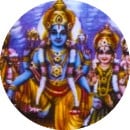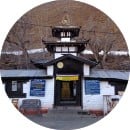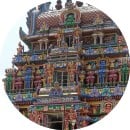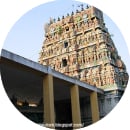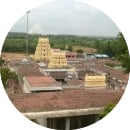108 Divya Desams Vishnu Temples
Click the 'Play' button to read out loud this webpage content
Introduction
Lord Vishnu is the supreme Lord of protection. He is one among the Trimurthis, the 3 supreme Gods of the Hindu pantheon, with the other two being Brahma, the God of creation, and Shiva, the God of destruction. Vishnu, being the savior and sustainer of the universe and its beings, occupies a special place among the divinities. He is also believed to have taken many Avatars, the incarnations on earth from time to time for the destruction of evil and the establishment of virtue. Of these, Rama and Krishna can be called as the most popular. And along with the incarnations he took on earth, Vishnu remains a very widely worshipped God of our land, for whom, numerous temples have been erected along the length and breadth of the country. A Divya Desam is a Vishnu temple that is considered especially sacred. Lakshmi, the supreme Goddess of wealth, is Vishnu’s consort.
The Azhwars
Vishnu worship is prevalent in our land for thousands of years, and there were many sages, saints, poets, and commoners who have remained his staunch devotees. Such Vishnu worshippers are known generally as Vaishnavites. The Azhwars occupy a pride of place among those Vishnu devotees.
The term ‘Azhwar’ can be said to literally mean those who have immersed themselves. And the Azhwars are the saintly personalities who immersed themselves completely in their devotion to Lord Vishnu. These Azhwars are 12 in number, belonged to the Tamil speaking land, and are historically believed to have lived in the 6th/7th to 9th century CE. These Azhwars visited many Vishnu temples, offered worship to the deities therein, and composed many devotional hymns, called Pasurams in praise of those Lords, in Tamil. There are thousands of such compositions, and the entire body of those texts goes by the name ‘Naalaayira Divya Prabhandham.’
Significance of Divya Desams
Those Vishnu temples that these Azhwar saints have visited and whose presiding deities they have worshipped and sung about, are treated as particularly holy and hailed as Divya Desams. The word ‘Divya’ can be said to mean divine, and ‘Desam’ can be the place or the abode. The Vishnu shrines sanctified by the visit, worship, and the sacred hymns of the Azhwars are regarded as Divya Desams,’ the divine abodes of the Lord and are considered special and all the more holy. There are 108 such Divya Desams, the chosen abodes of Vishnu, of which 106 are physically present in this world, while 2 are believed to belong to the heavenly plane. The great majority of these Divya Desams belong to the present-day Tamil Nadu state -83 to be precise, 12 to Kerala, 2 to Andra Pradesh, 4 to Uttar Pradesh, 3 to Uttarakhand, and 1 to Gujarat. One of the Divya Desams, Salagramam or Muktinath, is in the neighboring country of Nepal. Thiruppaarkadal and Thiru Paramapadam are said to be in the celestial land and can be reached only after the completion of earthly existence, by the pious souls with the blessings of Lord Vishnu.
Lord Vishnu occupies these Divya Desams as presiding deities under various names and can be worshipped in various postures, such as sitting, standing, and reclining.
Now, let us proceed to learn in some detail about each of these Divya Desams, the special abodes of Vishnu, and get the divine benefit of it.
Read more about 108 Divya Desams Vishnu Temples

